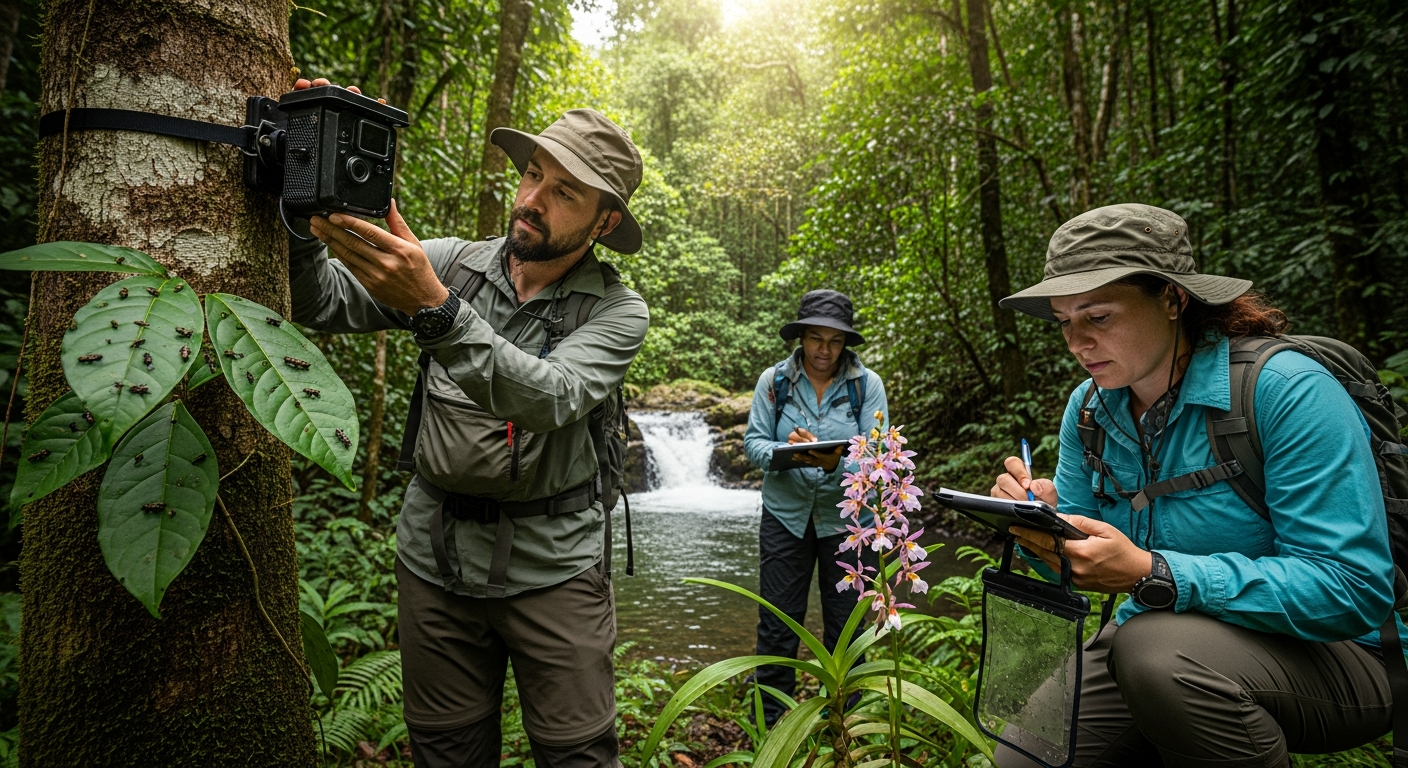Exploring the Rise of Voluntourism: A New Era of Purposeful Travel
Voluntourism, a blend of volunteering and tourism, has emerged as a compelling trend in the travel industry. This innovative approach to exploration allows travelers to immerse themselves in local cultures while contributing to meaningful projects. As more globetrotters seek purpose-driven experiences, voluntourism offers a unique opportunity to make a positive impact while satisfying wanderlust.

The Evolution of Voluntourism Programs
Initially, voluntourism programs focused primarily on construction projects and teaching English. Today, the scope has expanded dramatically, encompassing a wide range of activities such as wildlife conservation, scientific research, community development, and cultural preservation. This diversification has made voluntourism accessible to a broader audience, catering to various interests and skill sets.
The Impact on Local Communities
While voluntourism aims to benefit host communities, its impact has been a subject of debate. Critics argue that some programs may inadvertently create dependency or disrupt local economies. However, when executed responsibly, voluntourism can bring significant positive changes. Many organizations now prioritize sustainable development, ensuring that projects align with community needs and empower local residents.
The Traveler’s Perspective
For participants, voluntourism offers a unique blend of personal growth and cultural immersion. It provides opportunities to develop new skills, gain cross-cultural understanding, and form meaningful connections with local communities. Many voluntourists report transformative experiences that reshape their worldviews and inspire long-term commitment to social causes.
Challenges and Ethical Considerations
As voluntourism grows in popularity, it faces several challenges. Ensuring the quality and effectiveness of programs, managing expectations of both volunteers and host communities, and addressing potential negative impacts are ongoing concerns. Ethical considerations, such as the commodification of poverty and the potential for voluntourism to perpetuate harmful stereotypes, require careful attention from both organizers and participants.
The Future of Voluntourism
The voluntourism sector continues to evolve, with a growing emphasis on sustainable practices and measurable impact. Virtual voluntourism, which emerged during the COVID-19 pandemic, offers new possibilities for remote engagement. As travelers become more conscious of their global footprint, voluntourism is likely to play an increasingly significant role in shaping the future of responsible travel.
Essential Insights for Aspiring Voluntourists
• Research extensively to find reputable organizations aligned with your values
• Assess your skills and how they can genuinely benefit the host community
• Prepare culturally by learning about local customs and basic language phrases
• Set realistic expectations about the impact you can make in a short time
• Consider long-term commitments for more substantial contributions
• Reflect on your motivations and ensure they prioritize community needs
• Be open to learning from the local community rather than imposing your views
• Document your experience responsibly, respecting privacy and dignity
In conclusion, voluntourism represents a significant shift in how we approach travel, offering a way to explore the world while making a positive difference. As this trend continues to grow, it holds the potential to foster greater global understanding and create lasting change. By approaching voluntourism with mindfulness, preparation, and genuine commitment, travelers can contribute to a more interconnected and compassionate world.






